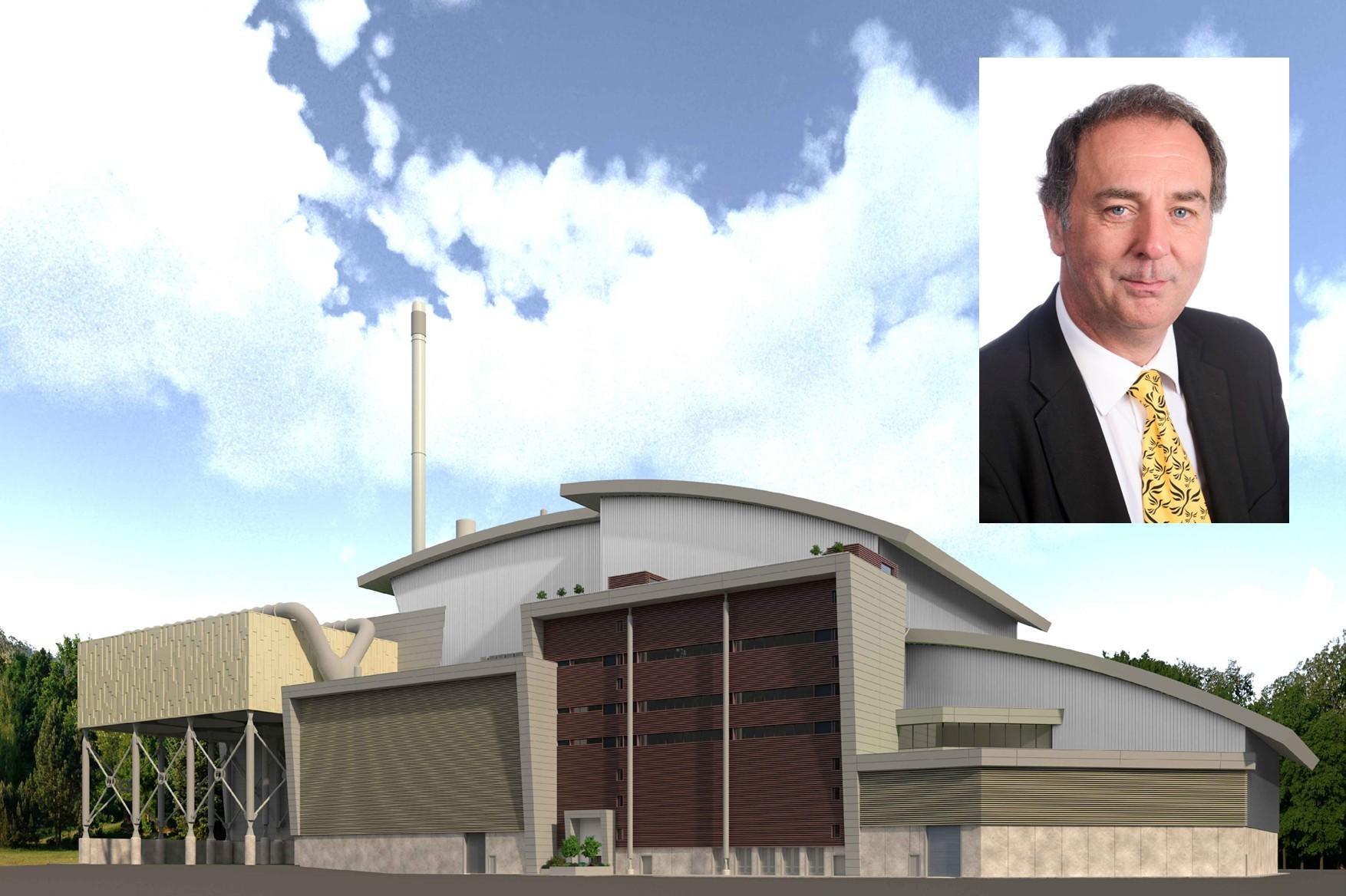Cabinet member voices concern over exclusion from BCP meeting on incinerator

A Dorset Council Cabinet Member has expressed disappointment at being denied the opportunity to speak at a BCP Council planning committee meeting this week regarding a proposed waste incinerator at Canford Resource Park, Wimborne.
Cllr Shane Bartlett, Dorset Council’s Cabinet Member for Planning, said;
“I had requested the opportunity to speak at BCP Council’s planning committee meeting to present Dorset Council’s position on a matter of shared importance. Regrettably, that request was denied, despite our appeal for special consideration given the joint waste management responsibilities between our councils.
“I find this decision deeply disappointing. While I respect BCP Council’s autonomy, it is frustrating to be unable to represent the interests of our residents, especially when the proposed waste incinerator could significantly impact both our communities and local ecology. Although I am unable to speak directly, I understand the committee chair may share my written statement below.
"The statement takes a balanced neutral stance highlighting the need for the Western BCP Planning Committee to conduct a thorough examination of the planning application and do its due diligence to give the best assurance that its decision making is sound."
Statement for Western BCP Planning Committee – Thursday 12th June
“Members of the committee will be aware that the Canford site is allocated in the BCP and Dorset Waste Plan which was adopted by both authorities in 2019. Dorset Council welcomes the properly planned location of strategic residual waste treatment facilities and recognises the benefits of the Canford site as an allocated site in terms of co-locating waste treatment facilities in a location that is well-placed to meet both the needs of BCP Council and Dorset Council.
“We fully recognise that the proposed development would support the circular economy of keeping materials in use, with nearby facilities at Whites Pit, while also reducing transportation, which supports national and local waste policies. Having a range and choice of options can also assist in securing a competitive price for council municipal waste streams, which is to the benefit of taxpayers.
“Whilst Dorset Council has no objection in principle to the intensification of this site, the planning committee should satisfy itself that the details of the proposal are also acceptable when having regard to the strategic need for waste management, taking account of the most up to date position. In this regard I want to draw to the committee’s attention some specific points which I would ask you to consider in reaching your decision.
- The Waste Plan identifies a need for 232,000 tonnes of residual waste treatment capacity in the plan area (both BCP and Dorset Council) by 2033 to meet the needs of the area. Since the plan was adopted, an energy-from-waste plant has been granted planning permission for the Powerfuel plant in Portland by the Secretary of State following an appeal. This would have a capacity of around 200,000 tonnes. If the Canford proposal is granted planning permission, this would bring the total permitted capacity for residual waste treatment to around 460,000 tonnes, should both become operational. It will be important for this level of provision to be justified having regard to both the waste hierarchy and the proximity principle.
- As part of the Emissions Trading Scheme, which comes into effect in 2028, there will be a further carbon tax on plastics, potentially driving a higher share of residual waste out of those waste streams that were forecast when the Waste Plan was adopted.
- It is noted that the site is situated in the Green Belt and very special circumstances are needed for inappropriate development. With a potential supply in excess of need, if both developments become operational, the planning committee therefore needs to be satisfied very special circumstances indeed do apply in this case.
“To conclude, I respectfully ask that the Committee satisfies itself that the matters I raise have been fully considered in determining the Canford application to give Dorset Council the assurances that the proposal will contribute positively to the waste hierarchy and proximity principle in meeting local needs.”
Cllr. Shane Bartlett, Dorset Council
Categories: Planning Waste Democratic

Comments
0 Comments